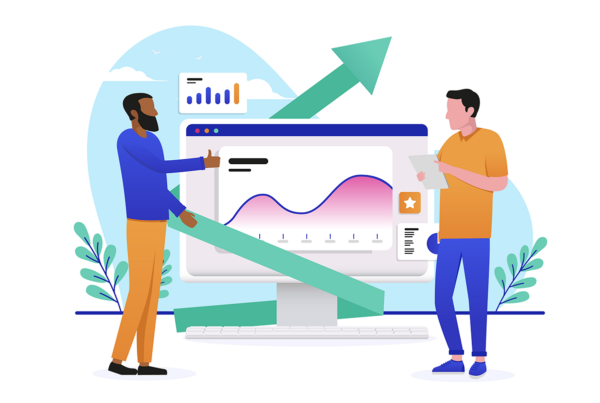Lead sales is a crucial aspect of growing any business, as it provides a steady stream of potential customers. However, lead sales also comes with its own set of challenges that can make it difficult for businesses to successfully convert leads into paying customers.
One of the biggest challenges of lead sales is the quality of the leads. Not all leads are created equal, and some may not be truly interested in your products or services. This can result in a significant number of wasted sales and marketing efforts, as well as wasted money on leads that will never convert into paying customers.
Another challenge is that lead generation can be a time-consuming and resource-intensive process. Generating high-quality leads requires a significant investment of time, money and resources, and it can be difficult for businesses to generate leads on their own.
Additionally, lead generation can be competitive, with many businesses vying for the same leads. This can make it difficult for businesses to stand out and convert leads into paying customers.
Another challenge is lead’s data accuracy and validity. Leads may provide inaccurate or outdated information, which can decrease the chances of converting leads into paying customers.
Lastly, keeping track of leads and customer interactions and managing the pipeline of leads can be difficult for businesses. This makes it hard to understand which leads are more likely to convert into paying customers and how to optimize the sales process.
In conclusion, lead sales is a crucial aspect of growing any business, but it comes with its own set of challenges. Quality of leads, time and resource intensive process, competition, lead data validity and management are few of the challenges that businesses may face while generating leads. To overcome these challenges, businesses should thoroughly research lead generation companies and sources, use lead tracking and management systems, and focus on building personal connections with leads to increase the chances of converting leads into paying customers.



